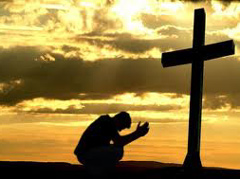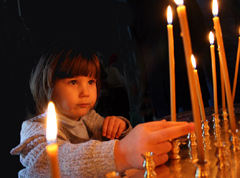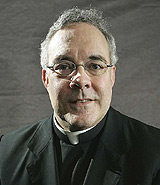
A recent op-ed in the Los Angeles Times asked “What’s God got to do with it?” The “it” being referred to was the security and freedom that Americans enjoy and often take for granted.
The answer to the question is “quite a bit,” and arguing otherwise requires taking something else for granted: our way of life’s debt to Christianity.
The man asking and answering the question was Michael Shermer, the publisher of Skeptic magazine. Shermer took exception to the words of a recent House resolution to keep “In God We Trust” as the national motto. The resolution read: “Whereas if religion and morality are taken out of the marketplace of ideas, the very freedom on which the United States was founded cannot be secured.”
Shermer was troubled by the “belief that religion has a monopoly on morality,” especially, he says, “in this age of science and technology, computers and cyberspace, and liberal democracies securing rights and freedoms for oppressed peoples all over the globe.” [Read more…]

 by Fr. Gregory Hallam –
by Fr. Gregory Hallam – by George Strickland, Ph.D. –
by George Strickland, Ph.D. – by Timothy Dalrymple –
by Timothy Dalrymple – by Fr. Joshua Makoul –
by Fr. Joshua Makoul –

 by Ken Stevens –
by Ken Stevens – by Daniel Boerman –
by Daniel Boerman – by Fr. Gregory Jensen –
by Fr. Gregory Jensen –